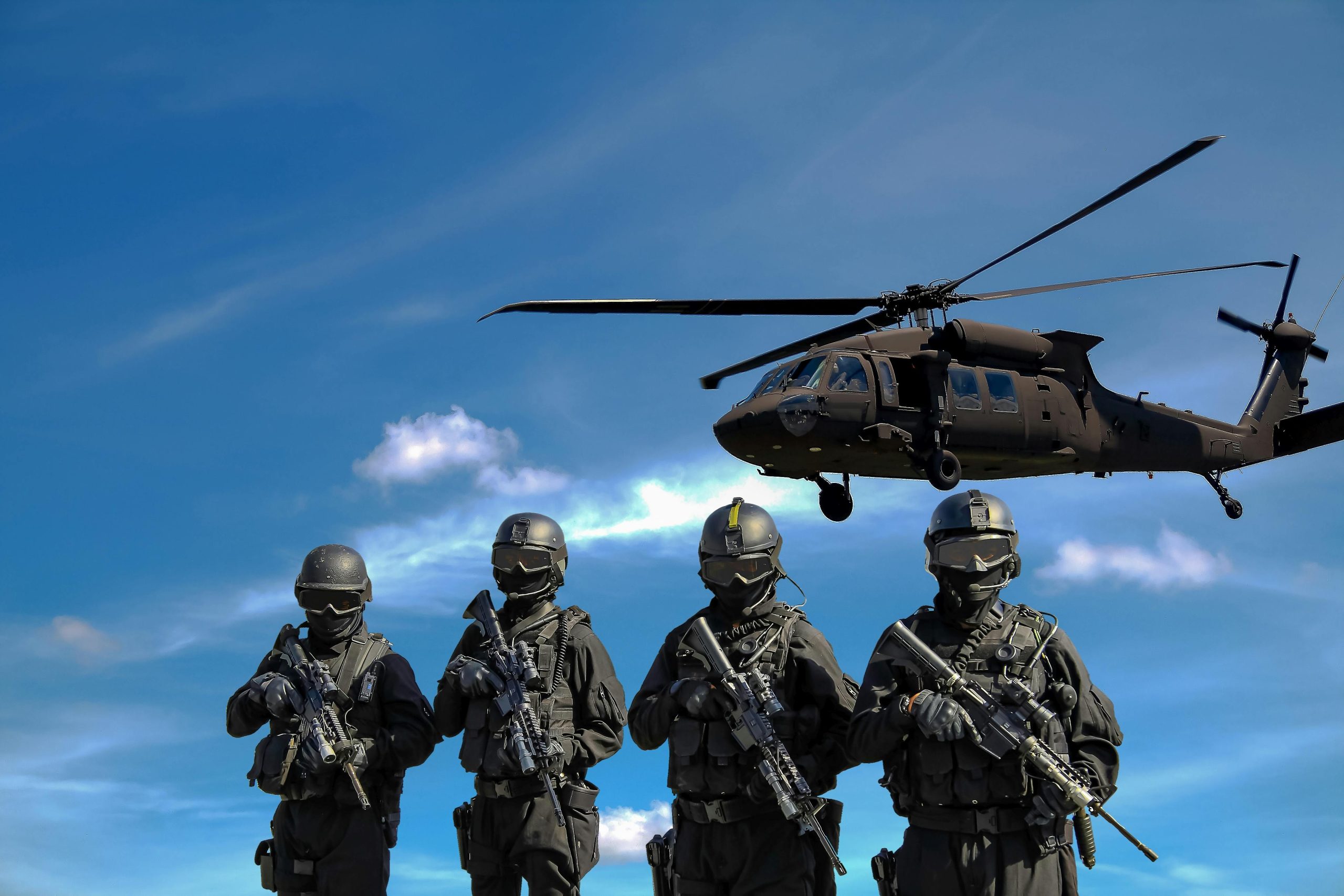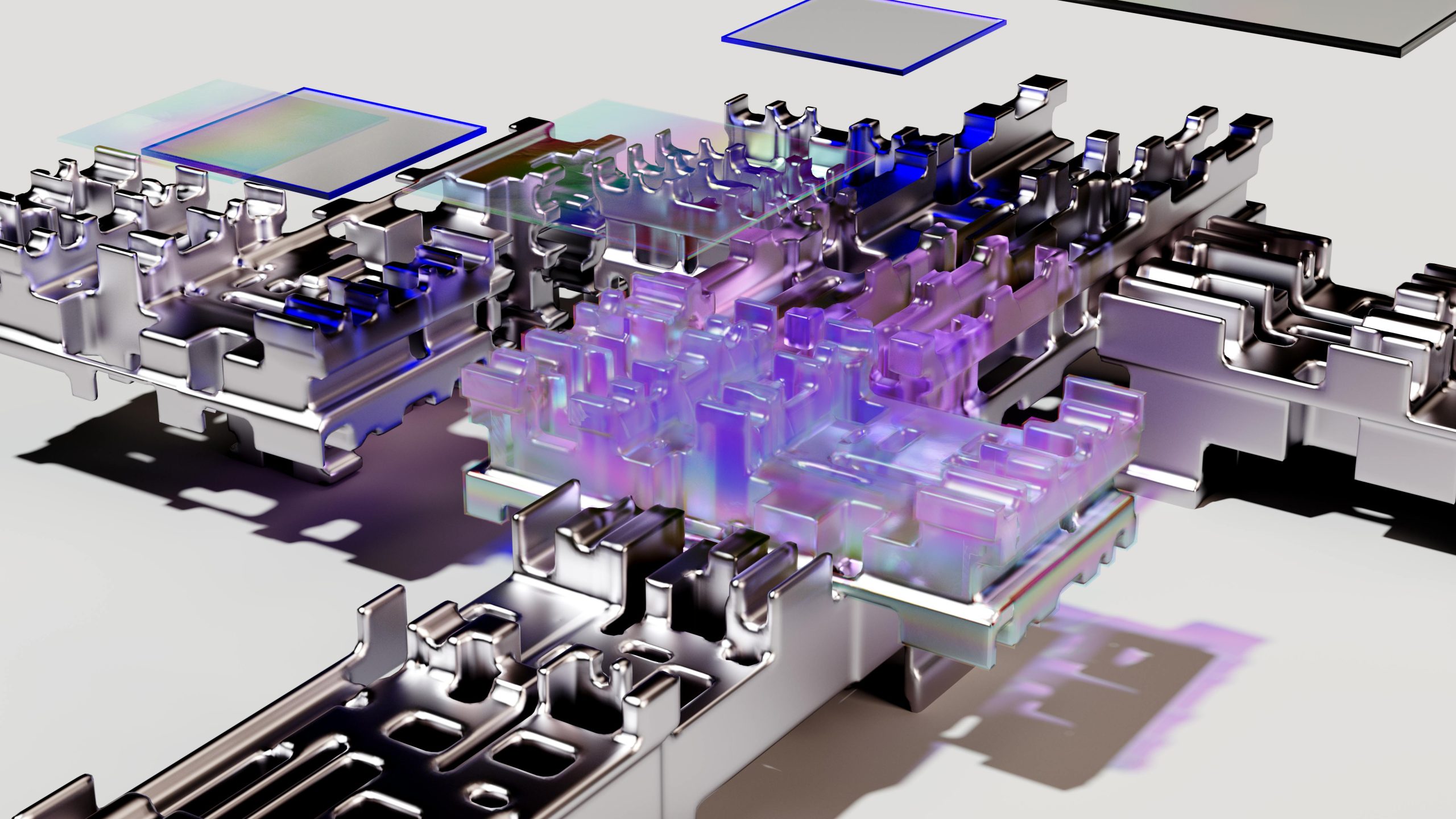Did you know global military spending on Artificial Intelligence (AI) will reach $18.82 billion by 2025? This shows how fast defence technology is changing. AI is now key in protecting nations. Dave Antrobus, from Inc & Co, leads the charge in bringing AI to the UK’s defence systems.
Dave‘s deep knowledge in tech is bringing new ways to carry out military operations. His work is making the UK’s defence smarter and more responsive. Thanks to innovators like him, the UK stays ahead in military tech.
AI changes how defence strategies are made, with experts like Antrobus leading the way. The UK stays leading in military tech with their help. AI brings new skills to weapons and other defence areas, making a big impact.
The Role of Dave Antrobus in AI and Defence
Dave Antrobus is a key player in the tech world, focusing on AI in the UK’s defence. He works closely with experts to bring new AI strategies to defence. This teamwork boosts how well the UK protects itself using AI. His work shows how UK tech is changing military tactics and strengths.
Dave Antrobus is crucial in transforming defence with military innovation. The UK is a leader in using AI for safety, thanks to him. His knowledge helps switch old ways to new, powerful security systems. He keeps the UK leading in tech, showing how vital AI is for future defence plans.
The Evolution of Defence Systems in the UK
The UK has always been a leader in military defence. Its history showcases major leaps in military technology and thinking. Over time, these changes have mirrored global security needs and tech advances.
Lately, AI has revamped how defence strategies work. It marks a big shift. Now, systems can make choices on their own and predict threats. The UK is using this tech edge to keep its military strong and ready.
Defence and Space is especially crucial despite some hurdles. Airbus faced a big loss in early 2024 but saw better revenues later. This shows dedication to boosting military power and updating defence ways.
The UK keeps evolving its defence techniques. Now, it incorporates AI, making its strategies smarter and tougher. This method tackles today’s dangers while preparing for tomorrow’s, offering better defence planning.
How AI is Revolutionising Military Innovations
The march of AI in military innovations is truly game-changing. It brings new levels of autonomy and accuracy to defence systems. Think about smart analysis and autonomous tech – that’s how AI is changing the military game.
AI boosts decision-making and the tactics in operations. It uses smart algorithms and learns over time. This means better surveillance and more strategic wins. It’s key for today’s defence tactics.
Autonomous military tech ranges from smart weapons to drones that operate on their own. This move towards AI shows a future where smart tech is central in defence. It ensures strategies are forward-thinking and adaptable.
Putting AI into defence systems marks a big shift in military tech. This change towards more AI in the military shows how it can make national security more innovative and autonomous.
Challenges in Integrating AI into Defence Systems
Adding artificial intelligence (AI) to defence networks greatly enhances military tasks. Yet, the process faces important hurdles needing careful thought. Ethical worries about AI and autonomous weapons are major issues. These concerns are fundamental for using AI responsibly and avoiding misuse.
The dependency on AI raises security alarms. As defence incorporates more AI, cybersecurity risks grow. The Cyber National Mission Force’s AI team, started in April, looks for system weak spots. They aim to protect AI from harmful cyber actions, crucial for keeping military communications safe.
It’s vital to tackle defence tech obstacles for smooth AI adoption. Legacy systems in the military make shifting to AI hard. To stay ahead in global security, investing in AI and robotics is a must. The Pentagon is also exploring how AI can safeguard against cyber threats, despite varying opinions on its effectiveness.
New military approaches, like drones and the MEGA-Army app, show AI’s potential. Drones are changing warfare, making heavy armour less effective. Apps like MEGA-Army offer instant information, improving battlefield strategy but highlight existing tech challenges in defence.
Finally, ethical and operational dilemmas need joint efforts from government and industry. Congress’s call for a five-year AI plan shows how critical AI is for defence. Solving these ethical, security, and tech issues is key as the UK strengthens its defence against new dangers.
AI and Defence: Preparing for Future Security
Nations worldwide are now focusing more on defence preparedness. In the United Kingdom, there’s a big move towards using future security with AI to strengthen military power. This decision makes sure that new technologies are central to enhancing the country’s defence strategy. With big investments in tech advancement in defence, the UK is aiming to identify and solve possible security issues ahead of time.
By integrating AI into defence, the UK boosts surveillance, data analysis, and quick decision-making. These improvements help the UK keep a proactive and ready defence approach. AI’s role isn’t just in usual tasks but also in cyber security and controlling weapons without humans. This wide use shows why it’s important to have a tech-first policy in defence today.
Working together, industry experts and the government make sure AI use in defence is safe and proper. This focus on research and avoiding risks lets the UK handle complex dangers. Thus, defence preparedness relies on staying ahead in technology and being prepared for anything. This mix of new ideas and security needs is key.
Case Study: AI Use in Autonomous Weapons
A key case study on AI in defence shows how AI autonomous weapons change military tactics. They make fighting more accurate and quicker, keeping soldiers safer by facing less danger. This marks a smart move towards using more autonomous tech in defence.
Looking closer at these autonomous defence systems, their performance stands out. Thanks to advanced algorithms and learning, AI-enabled weaponry can spot and attack targets with little need for human orders. This step forward is key in keeping nations safe and paving the way for new tech in war.
The UK’s Ministry of Defence sees big value in these AI tools. They’re using AI autonomous weapons to get ahead technologically in the military. This shows their big push towards adopting new technologies.
However, this case study on AI in defence also points out the need for rules to make sure AI is used right. Setting strict safety rules is crucial to avoid any problems with these autonomous systems. By setting high standards for AI use, the defence world can make the most of these advanced technologies safely.
The UK’s Approach to AI in Defence
The UK is stepping up by weaving AI into its defence plan. It shows a full-on digital defence drive. By pushing AI tech research for military use, the nation nurtures an inventive spirit. This spirit is ready for the future of warfare. The UK’s move shows its pledge to keep a strong defence force, with top tech and a futuristic military view.
At the heart of the UK’s AI defence plan is using cutting-edge AI for better operations. By adding AI tools, the UK seeks top-notch situational awareness and decision skills. It’s putting money into smart systems and learning models to outsmart threats effectively.
The UK also teams up with global allies and private partners for its digital defence. Such teamwork is vital for sparking innovation and quick AI rollouts in military settings. This tech mix not only boosts the UK’s safety but also matches international defence tech norms.
Besides, the UK is creating tech for defence tasks like watching over areas and keeping cyberspace safe. These tech tools give its forces an upper hand in any combat, readying them against new dangers. The UK’s continuous upgrade of its defence gear highlights its commitment to excel in AI military tech.
The Strategic Importance of AI in Defence
The global defence scene is getting more complex by the day. AI’s role in this field is gaining lots of attention. It helps improve military intelligence and the ability to act fast. AI works by quickly going through huge amounts of data. This improves understanding of situations and helps make decisions automatically.
AI gives defence strategies a big boost. For example, Airbus’s Defence and Space area made 2.59 billion euros in the second quarter of 2024. This shows that investing in AI technologies is increasing. This is despite some financial challenges like a loss of 798 million euros.
Also, the AI group in the Cyber National Mission Force (CNMF), started in April, shows the military’s push towards AI. This matches the 2023 NDAA’s plan for a five-year focus on AI. The goal is to use AI for things like watching for cyber threats and fighting those threats.
AI is now being used in real situations. One example is CYBERCOM’s AI use in testing network security. This AI helps find and fix network issues quickly. It’s very important for fighting cyber threats today, where quick action is needed.
In summary, AI’s role in defence is clearly becoming more critical. It’s helping in areas like intelligence gathering and securing systems. The strategic use of AI in defence is giving countries a better chance to deal with threats.
Future Trends in AI and Defence Technology
The field of defence is changing quickly, with AI playing a key role. We’ve seen a big increase in defence technology developments recently. They focus on bringing together digital and physical systems. This mix aims to make military operations more efficient and strategic, offering great benefits for future battles.
One exciting development is the use of AI in training and simulations for the military. These advanced tools create real-life scenarios, but without the danger of actual combat. As these technologies improve, they will offer more detailed and helpful insights, making training even better.
The ethical use of AI, especially in autonomous weapons, is very important. It’s crucial that AI systems work within ethical lines, especially when lives are at stake. This commitment to ethical AI shows the importance of balancing innovation with global humanitarian laws.
As defence technology developments move forward, the ability to work together across different systems is vital. The latest military technologies need to integrate well to improve teamwork and share information effectively. This will change how wars are fought, stressing the importance of connected and flexible systems ready for any challenge.
In closing, AI’s role in defence is set to bring major changes. It will bridge the gap between digital and physical realms and ensure the ethical use of new technologies. The advancements in cutting-edge military tech are preparing a defence system that’s innovative and ready for the future. As we move forward, maintaining a balance between tactical edge and ethical standards is key.
Expert Opinions on AI Integration in Defence
Experts talk about the big changes AI could bring to defence, along with the need for careful human control. Top experts and analysts say that using AI in the military needs a planned approach. They stress that AI should support, not replace, human decisions, especially in important situations.
They point out that AI can help both military and civilian tasks. The UK’s Defence Science and Technology Laboratory (Dstl) has shown AI’s role in better data handling, fast threat assessment, and decision-making. At a recent meeting, Dstl shared success stories of AI improving cybersecurity and work efficiency, similar to trends in finance and health.
But, using AI in defence also faces hurdles. Experts warn about relying too much on AI and suggest keeping a balance with thorough tests and ethical thoughts. Groups like the Defence and Security Accelerator (DASA) boost teamwork between AI creators and the military. This aims to protect the country while improving how things work, highlighting the need for human oversight in AI military use.







